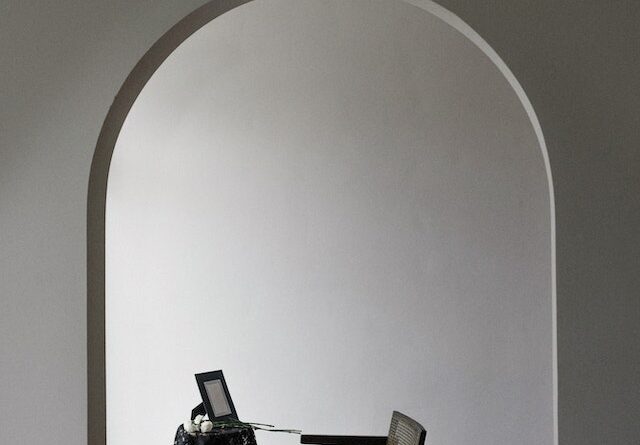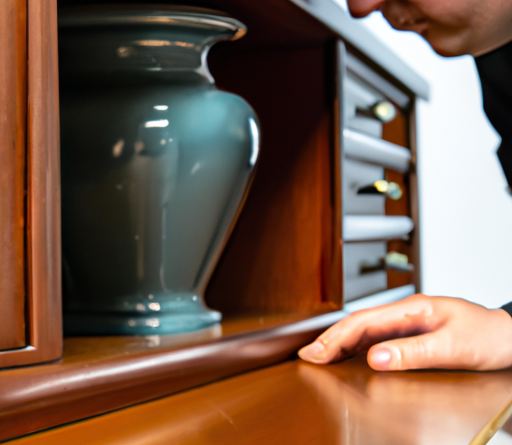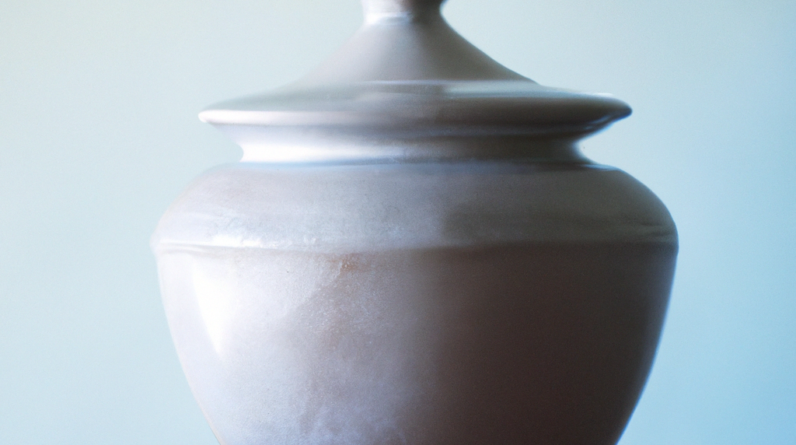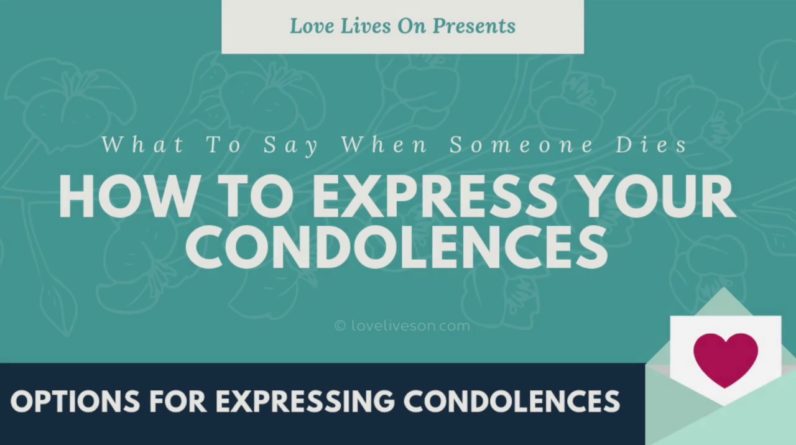Direct cremation has become an increasingly popular option for those seeking an alternative to traditional funerals. This type of cremation involves the body being cremated without a funeral service or gathering of family and friends. While there are many benefits to direct cremation, it is important to consider the potential drawbacks before making a decision. This article will discuss the pros and cons of direct cremation and help you decide if it is the right choice for you.
I. Introduction
The concept of direct cremation has become more and more popular in recent years, due to its many advantages over traditional funeral services. Direct cremation is an affordable alternative to the expensive services offered by funeral homes, and it can be a great option for those who want to provide an economical and dignified final farewell for their loved ones. Additionally, direct cremation can help to reduce the environmental impact of traditional burials, as fewer resources are required for the cremation process. In this essay, we will explore the advantages and disadvantages of direct cremation, as well as providing advice and information for those considering this option for a loved one’s final farewell.
A. Definition of Direct Cremation
Direct Cremation is a type of cremation where the body is cremated shortly after death without a funeral service or visitation. It is usually an affordable and simple option, as there is very little preparation involved. With direct cremation, the body is transported to the crematorium, and the cremation process begins. The ashes are then given to the family or a designated representative, who can then decide what to do with them. Direct cremation is a good idea for those who want a simple, cost-effective way to handle the disposition of their loved one’s remains. It can also be a good option for those who do not wish to have a traditional funeral service or visitation.
B. Overview of Direct Cremation
Direct cremation is a modern and increasingly popular funeral service option for those seeking a simple and affordable way to say goodbye to a loved one. Rather than a lengthy and expensive traditional funeral, direct cremation involves the immediate cremation of the body with no viewing, service or ceremony. It is often the most cost-effective solution for those who do not wish to have a traditional funeral, or for those who cannot afford one. Direct cremation can be arranged with a funeral home, crematory or other provider, typically for a flat fee that covers the cremation, death certificate and other necessary paperwork. Some providers may also offer additional services such as memorial services, online obituaries and even the option to purchase an urn. In general, direct cremation is a good idea for those seeking a simple and inexpensive funeral service.
II. Pros and Cons of Direct Cremation
Direct cremation is a burial option that involves the cremation of a deceased body without the usual visitation and funeral service. While it can be less expensive and more convenient for families, it also has its drawbacks. Pros of direct cremation include cost savings, convenience, and the ability to memorialize the deceased in other ways. Cost savings are one of the main advantages of direct cremation, as traditional funerals can be expensive and require a lot of planning. Additionally, direct cremation requires less time than a traditional funeral service, making it more convenient for families who may be dealing with scheduling conflicts or other time constraints. Additionally, direct cremation allows families to memorialize their loved one in a variety of ways, such as scattering the ashes, having a memorial service at a later date, or having a small private ceremony.
On the other hand, some of the cons of direct cremation include the lack of closure for family members, the lack of a physical place to visit and pay respects, and the potential for unethical practices by funeral homes. Not having a traditional funeral service can make it harder for family members to say their goodbye and find closure, as there is no traditional setting in which to do so. Additionally, the lack of a physical place to visit and pay respects to the deceased can make it more difficult for family members to cope with their loss. Lastly, the lack of oversight in the direct cremation process can lead to unethical practices by funeral homes, such as charging extra fees or mishandling the deceased’s remains.
A. Pros of Direct Cremation
Direct cremation is a cost-effective and simple alternative to the traditional funeral. It eliminates the need for a casket, burial plot and other associated costs, allowing for a more personalized and simple farewell for the deceased. Additionally, direct cremation is an eco-friendly option, as it reduces the environmental impact of a funeral. It also allows for the family to hold a memorial service at any time and location of their choosing, eliminating the need to be bound by the time and place of a traditional funeral service. Additionally, the ashes can be kept or scattered in a location of the family’s choosing, giving the family more control over the deceased’s final resting place.
B. Cons of Direct Cremation
One of the main cons of direct cremation is that it eliminates the opportunity for a traditional viewing of the deceased. For some cultures and religious beliefs, viewing the deceased is an important part of the mourning process. Direct cremation also eliminates the opportunity for a memorial service, which can be a meaningful way to honor the deceased and to provide closure for family and friends. Additionally, direct cremation can be expensive, especially when compared to traditional burial services, as the cost of cremation is typically higher than that of a burial. Also, since the cremated remains are not buried, they must be stored or kept in an urn, which can be an added expense. Finally, direct cremation may not be an option in certain areas, as some states may require the deceased to be embalmed or refrigerated prior to cremation.
III. Factors to Consider
When considering direct cremation, there are a few factors that should be taken into account. First and foremost is the cost of the process. Direct cremation is typically less expensive than traditional cremation, but this is not always the case. It is important to compare prices from different providers to ensure that you are getting the best price. Additionally, consider if you are able to handle the necessary paperwork and the cremation process on your own. If not, you may need to factor in the cost of hiring a professional to help manage these details. Finally, determine if direct cremation is the right choice for your particular situation. Consider if you would prefer to have a service or a traditional funeral prior to the cremation. It is also important to consider if family and friends will feel comfortable with the idea of direct cremation. Taking all of these factors into account can help you make the best decision when it comes to your loved one’s cremation.
A. Cost
When considering direct cremation as an option for a loved one, the cost is an important factor to consider. Direct cremation is usually more affordable than a traditional funeral service, as there are no funeral services or visitation. It often costs around $1,000-2,000 dollars, but this can vary depending on the location and provider. Additional costs to consider include the cost of obtaining a death certificate, the cost of an urn, and the cost of transporting the remains to the cremation facility. In some cases, a memorial service may be held after the cremation, which can add to the cost. Ultimately, the cost of a direct cremation is a personal decision and should be weighed against other factors, such as the deceased’s wishes, to make the best decision.
B. Personal Beliefs
When it comes to direct cremation, personal beliefs can play a significant role in the decision-making process. For some people, cremation may be the preferred choice due to religious or cultural reasons. Others may have a more traditional view and prefer a funeral service with a viewing, visitation, and burial. Some may even have a strong aversion to cremation and would prefer a burial. Ultimately, it is an individual’s personal beliefs that will dictate whether or not direct cremation is the right choice. For many, it can be an emotionally difficult decision, and it is important to take the time to consider all the factors before making a decision.
C. Practicality
When considering whether or not direct cremation is a good idea, it is important to consider practicality. Direct cremation is generally much less expensive than a traditional funeral, as there are no services or ceremonies involved. Additionally, direct cremation eliminates the need for a funeral home, which can be costly. Furthermore, direct cremation is a much more convenient choice for those who are unable to attend a traditional funeral. This is because the body can be cremated without any delay, allowing for a memorial or other event to take place at a later date. In addition, direct cremation also eliminates the need to transport the body to a funeral home, which can be difficult and expensive. Lastly, direct cremation is an environmentally friendly option, as it reduces the amount of energy and resources that are used to transport and prepare a body for burial.
IV. Conclusion
In conclusion, direct cremation is a good idea for those who want a simple, economical, and environmentally-friendly way to honor their deceased loved ones. It eliminates the need for a funeral service and the associated costs, while still providing a dignified way to honor the deceased. Additionally, direct cremation is a more eco-friendly option than traditional burial, as it eliminates the need for an extensive amount of resources such as wood, land, and embalming fluids. For these reasons, direct cremation is a viable alternative to traditional funerals, and is an increasingly popular choice among the deceased’s family and friends.






